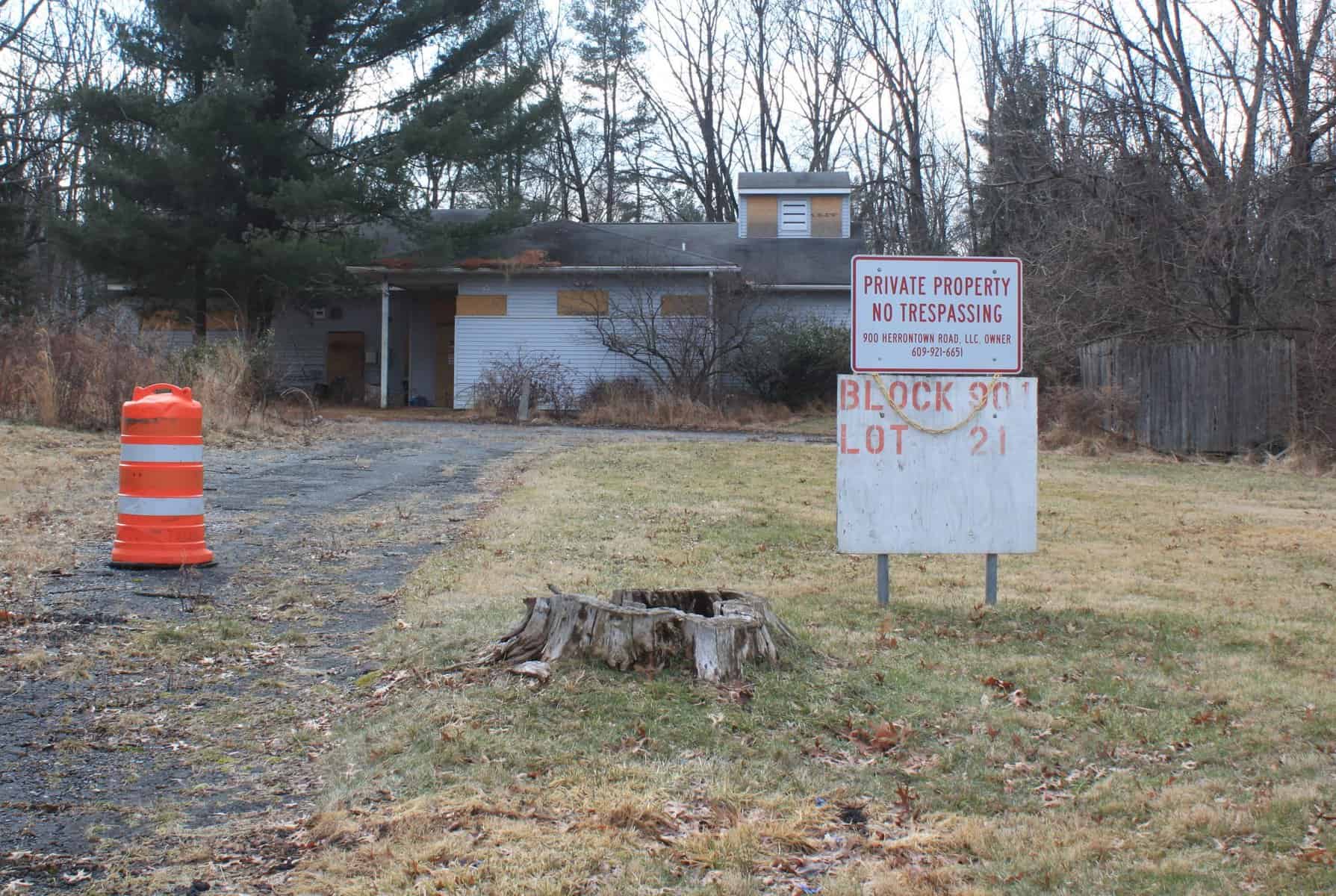The Old Orchard Village Homeowners Association, Inc. lost its battle to prevent developer 900 Herrontown Princeton LP from building a 64-unit affordable housing development on the corner of Mount Lucas Road and Herrontown Road.
The Appellate Division of the Superior Court of New Jersey upheld a Mercer County Superior Court judge’s dismissal of the homeowners association’s lawsuit that was filed against the Municipality of Princeton in 2019.
The Appellate Division’s ruling, which was issued in November 2021, clears the way for the affordable housing development to be built. It is planned for a three-acre parcel next to the Old Orchard Village development. The lot is the site of the former SAVE animal shelter.
The homeowners association, which manages the Old Orchard Village development on Old Orchard Road, sued the Municipality of Princeton over the matter of rezoning the three-acre lot, which is next to the existing development.
Princeton did not act “arbitrarily, capriciously or unreasonably” in approving an ordinance to change the zoning on the lot to allow for the affordable housing development, according to the opinion ruling issued by a three-judge panel of the Appellate Division.
In its 2019 lawsuit filed against the town, the homeowners association challenged the Princeton Council’s approval of an ordinance to rezone the lot to permit affordable housing. The land was rezoned from S-2, which permits commercial uses, to the newly created AH-3 affordable housing zone.
The lawsuit claimed that the ordinance was adopted to “spot-zone a specific parcel of land” to allow for the development of affordable housing, based on a plan that was not consistent with the Princeton Community Master Plan or the 2017 Master Plan re-examination report.
The lawsuit said the Princeton Municipal Code and the Master Plan consistently cited the importance of preserving the quality of life of residential neighborhoods, but the new ordinance would not preserve the quality of life for the Old Orchard Village subdivision because of the high-density development next door.
Developer 900 Herrontown Princeton LP received approval from the Princeton Planning Board to build 64 affordable rental apartments in several four-story buildings. All of the apartments would be affordable to low- and moderate-income households.
In rejecting the homeowners association’s claim that the ordinance was in conflict with the Master Plan, the Mercer County Superior Court judge wrote that providing affordable housing was a use that was explicitly provided for in the Master Plan. It is consistent with the Master Plan.
Upholding the lower court’s ruling, the Appellate Division judges wrote that they “agree the ordinance furthers the goals of the Master Plan and is substantially consistent with it.”
In the Master Plan, Princeton describes itself as a community dedicated to offering a wide variety of housing for residents of all socio-economic backgrounds, and that it is committed to developing affordable housing, the judges wrote.
And in upholding the Mercer County Superior Court judge’s ruling that the zoning ordinance did not constitute spot zoning, the Appellate Court judges wrote that the New Jersey Supreme Court defined spot zoning as “the use of zoning power to benefit particular private interests rather than the collective interests of the community.”
Enacting an ordinance proposed by and benefitting a private party is not impermissible spot zoning if it was enacted for the general welfare as part of a comprehensive plan, the judges wrote.
The Princeton Council adopted the ordinance not to benefit a private party, but to give the town an opportunity to create a substantial number of safe and attractive affordable housing units in an appropriate location, the judges wrote.
“The ordinance enables Princeton to fulfill its goal, as set forth in the Land Use Element of its Master Plan, to ‘maintain and enhance the diversity of residential options available in Princeton.’ That is not impermissible spot zoning,” the judges wrote.

